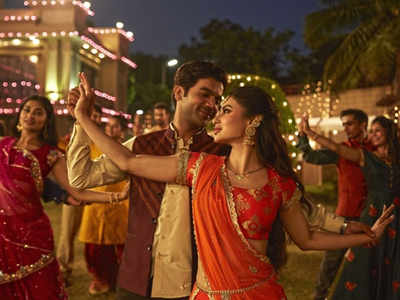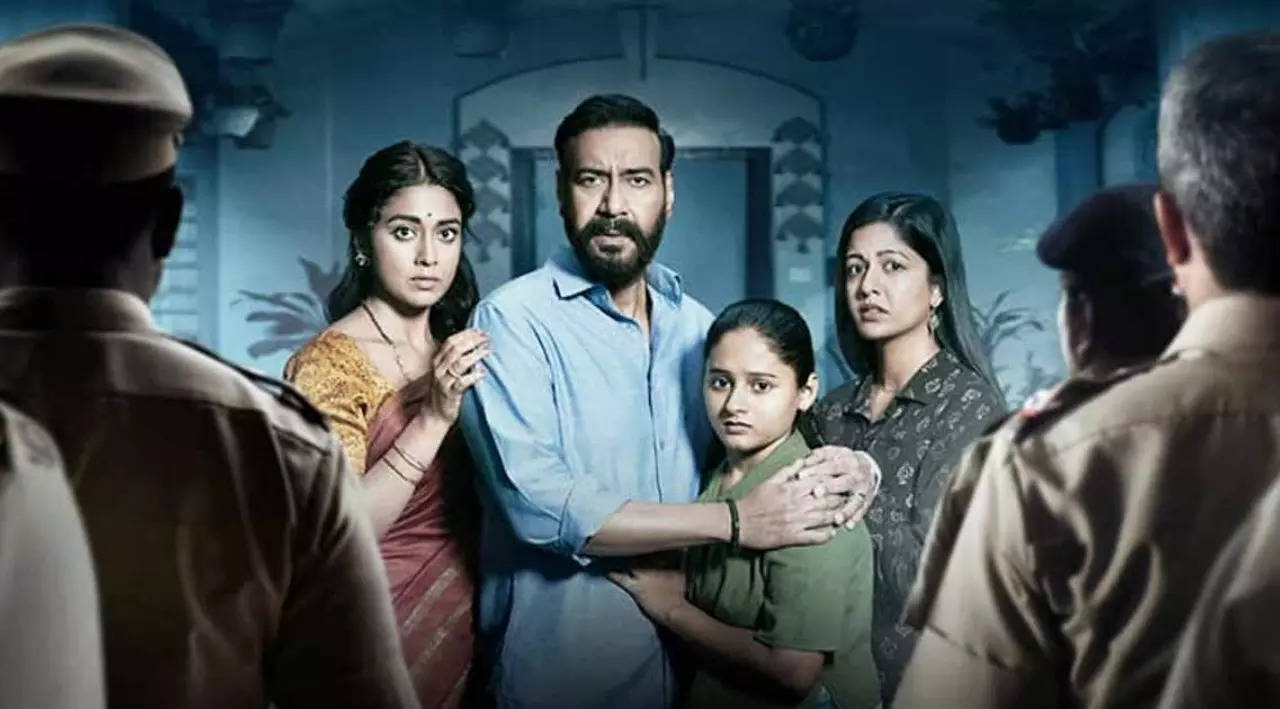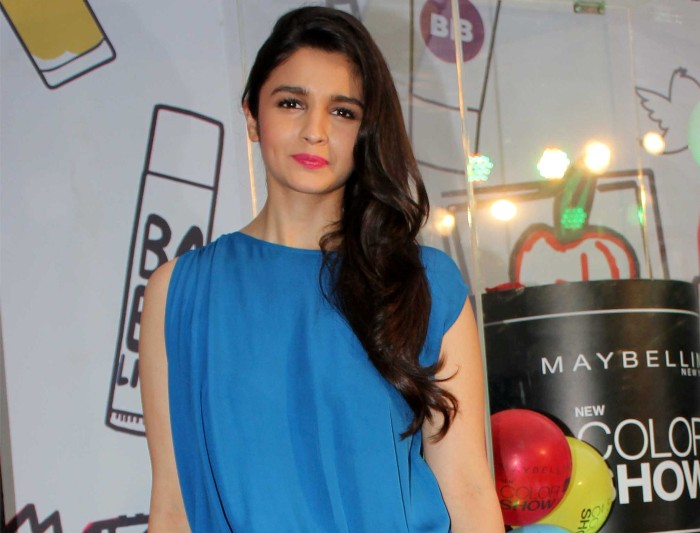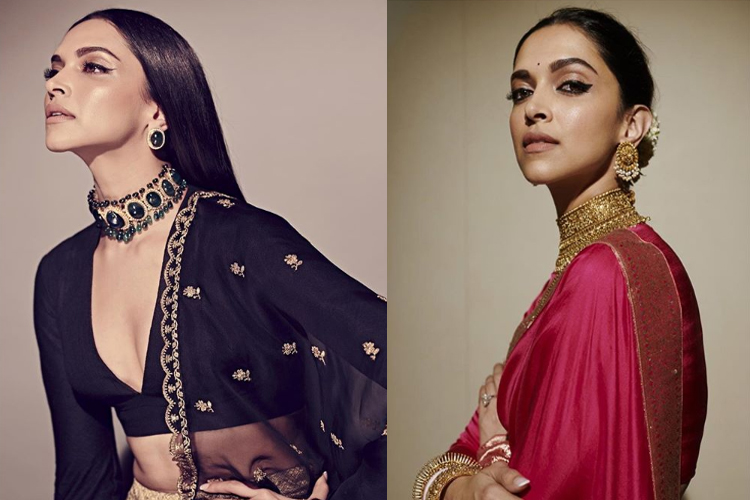Mughal-e-Azam is a 1960 Indian epic historical drama film produced and directed by K. Asif. Starring Prithviraj Kapoor, Dilip Kumar, Madhubala, and Durga Khote, it follows the love affair between Mughal Prince Salim (who went on to become Emperor Jahangir) and Anarkali, a court dancer. Salim's father, Emperor Akbar, disapproves of the relationship, which leads to a war between father and son.
The development of Mughal-e-Azam began in 1944, when Asif read a 1922 play called Anarkali, by Pakistani playwright Imtiaz Ali Taj, which is set in the reign of Emperor Akbar (1556–1605). Production was plagued by delays and financial uncertainty. Before its principal photography began in the early 1950s, the project had lost a financier and undergone a complete change of cast. Mughal-e-Azam cost more to produce than any previous Indian motion picture; the budget for a single song sequence exceeded that typical for an entire film of the period. The soundtrack, inspired by Indian classical and folk music, comprises 12 songs voiced by playback singer Lata Mangeshkar along with Mohammed Rafi, Shamshad Begum and classical singer Bade Ghulam Ali Khan, and is often cited among the finest in the history of Hindi cinema.
Mughal-e-Azam had the widest release of any Indian film up to that time, and patrons often queued all day for tickets. Released on 5 August 1960, it broke box office records in India and became the highest-grossing Indian film of all time, a distinction it held for 15 years; adjusted for inflation, it is still the highest grossing Indian film of all time. The accolades awarded to the film include one National Film Award and three Filmfare Awards at the 8th Filmfare Awards. Mughal-e-Azam was the first black-and-white Hindi film to be digitally coloured, and the first in any language to be given a theatrical re-release. The colour version, released on
Emperor Akbar, who has no male heir, makes a pilgrimage to a temple to pray that his wife Jodhabai will give birth to a son. Later, a maidservant brings the news of the birth of her son to the Emperor. Happy to have his prayer answered, Akbar gives the maidservant his ring and promises to give her whatever she wants.
The son, Prince Salim, grows up to be spoiled, fickle and self-indulgent. His father sent him off to war to teach him courage and discipline. Fourteen years later, Salim returns as a distinguished soldier and falls in love with the court dancer Nadira, who is named Anarkali by the emperor, meaning pomegranate blossom. The relationship is discovered by the jealous Bahaar, a high-ranking dancer who wants the prince to fall in love with her so that she can one day become queen. Failing to win Salim's love, she exposes his forbidden relationship with Anarkali. Salim pleads with Anarkali to marry her, but her father refuses and imprisons her. Despite his treatment of her, Anarkali refuses to disown Salim as Akbar demands.
Salim rebels and gathers an army to confront Akbar and rescue Anarkali. Defeated in battle, Salim is sentenced to death by his father, but is told that the sentence will be revoked if Anarkali, now in hiding, is handed over to die in his place. Anarkali sacrifices herself to save the prince's life and is sentenced to death by being buried alive. Before her sentence is carried out, she begs to spend a few hours with Salim as his faithful wife. Her request is granted, as she agrees to drug Salim so that he cannot interfere with her admission.
As Anarkali is being walled up, Akbar is reminded that he still owes his mother, as she was the one who brought him the news of Salim's birth. Anarkali's mother pleads for her daughter's life. The emperor has a change of heart, but although he wants to release Anarkali, he cannot because of his duty to his country. He therefore arranges for her secret escape into exile with her mother, but demands that the pair remain in anonymity and that Salim never learn that Anarkali is still alive.
|
|
o
Prithviraj
Kapoor as Emperor Akbar
|
|
o
Dilip
Kumar as Salim
|
|
o
Madhubala as Anarkali
|
|
o
Durga
Khote as Maharani Jodha Bai
|
|
o
Nigar
Sultana as Bahar
|
|
o
Ajit as Durjan
Singh
|
|
o
Kumar as Sculptor
|
|
o
Murad as Raja
Man Singh
|
|
o
Jillo Bai as
Anarkali's mother
|
|
o
Vijayalaxmi as a maid
|
|
o
S. Nazir as a general
|
|
o
Sheila Dalaya (known as Sheela Delaya) as Suraiya
|
|
o
Surinder as Tansen
|
|
o
Johnny Walker as
a courtesan
|
|
o
Jalal Agha as
Salim (young)[5]
|
|
o
Baby Tabassum as
a courtesan
|
|
o
Gopi Krishna as
a Kathak dance
|
|
music by : Naushad, and the lyrics:
by Shakeel Badayuni











































0 Comments
retng our site